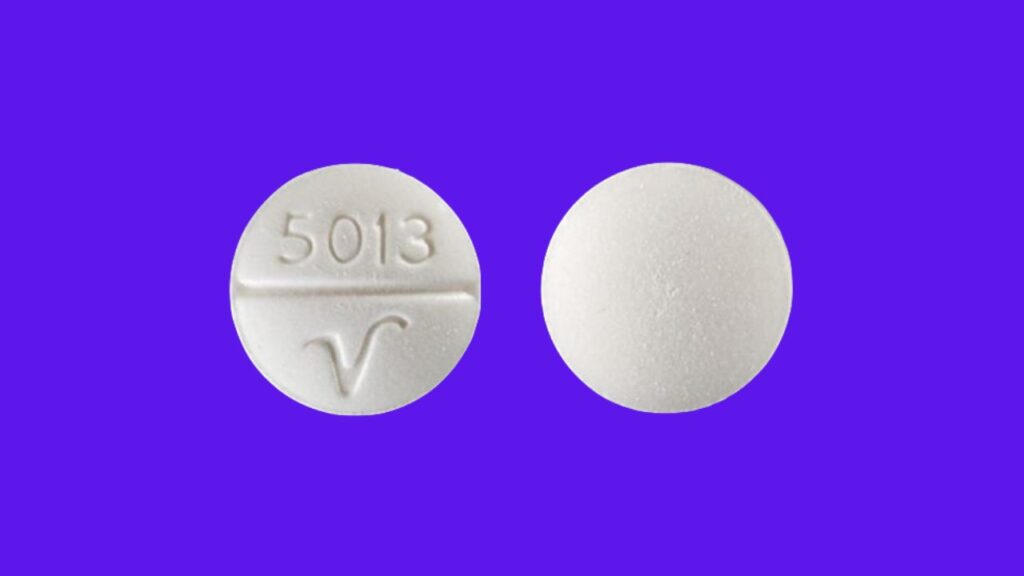When an individual decides to quit drinking, they may experience severe and potentially life-threatening alcohol withdrawal symptoms. The Bluffs, an addiction treatment center based in Ohio, employs a medical approach to alcohol detox that may involve the use of phenobarbital and other medications to manage withdrawal symptoms and ensure patient safety.
The Risks of Alcohol Withdrawal
Alcohol is a central nervous system depressant. When someone drinks heavily and regularly, their brain adapts to the constant presence of alcohol by producing more stimulating chemicals. If the individual suddenly stops drinking, their brain remains in an overexcited state, leading to alcohol withdrawal syndrome.
Symptoms of alcohol withdrawal can range from mild to severe and may include:
- Anxiety and irritability
- Tremors and shaking
- Rapid heart rate
- Nausea and vomiting
- Confusion
- Hallucinations
- Seizures
In the most severe cases, alcohol withdrawal can lead to delirium tremens (DTs), a potentially fatal condition characterized by severe confusion, rapid heartbeat, high fever, and extreme agitation. Due to these risks, it is crucial for individuals to undergo alcohol detox under medical supervision.
How Phenobarbital Helps Manage Alcohol Withdrawal
Phenobarbital can be administered in a controlled, tapering dose over the course of several days. This gradual approach helps to prevent severe withdrawal symptoms and allows the brain to slowly readjust to functioning without alcohol.
The benefits of using phenobarbital for alcohol withdrawal include:
- Reducing the severity of withdrawal symptoms
- Preventing seizures and DTs
- Promoting relaxation and reducing anxiety
- Helping to normalize heart rate and blood pressure
In addition to phenobarbital, doctors may also use other medications such as benzodiazepines, anticonvulsants, and antipsychotics to manage specific withdrawal symptoms. We tailor each patient’s detox plan to their individual needs and medical history.
The Bluffs: Committed to Quality Medical Care
At The Bluffs, we are dedicated to providing the highest standard of medical care for individuals undergoing alcohol detox. Our state-of-the-art facility, combined with our skilled medical professionals and evidence-based practices, ensures that each patient receives the support and care they need to safely and comfortably navigate the detox process.
If you or a loved one is struggling with alcohol addiction and ready to take the first step towards recovery, reach out to The Bluffs today. Call us at 330-919-9228 to learn more about our medically-supervised alcohol detox program and how we can help you begin your journey to a healthier, alcohol-free life.








